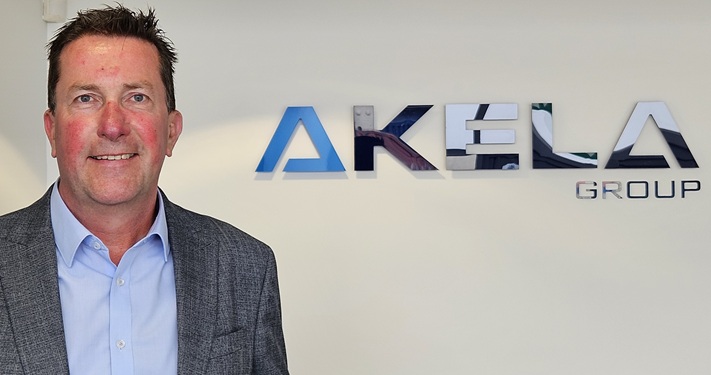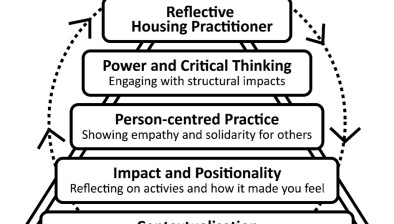Robert Ogg: It’s time for hard choices in infrastructure sector because doing nothing is not an option

Robert Ogg
Hot on the heels of announcing a strategic shift for Akela Construction, managing director Robert Ogg reveals how the firm’s new priorities align with the wider challenges facing the construction sector.
Across Scotland, infrastructure is under strain. Whether it’s housing delivery, transport networks, energy transition or workforce planning, the scale of challenge now facing our sector is one we can no longer afford to sidestep—or postpone any further.
We’ve all seen the headlines: multiple local authorities declaring housing emergencies, yet residential completions are down by 4%, new starts down by 11%. Social housing build is at its lowest level in nearly a decade. At the same time, strained water and drainage networks, large highways and rail schemes and a forecasted £45 billion energy spend by 2035 all demand readiness and capacity unlike anything we’ve known or experienced before.
And yet, what worries me most isn’t the data. It’s the inertia.
There is a tendency in our industry, and perhaps across government too, to wait for the perfect conditions before moving. But those conditions may never arrive. The pace of change is quickening. Geopolitical uncertainty, ageing cross-sector infrastructure and mounting expectations on net zero all point to a delivery environment where agility and strategic clarity are absolutely critical.
One example is the shifting shape of Scotland’s construction workforce. High-value energy investment in the north of Scotland is undoubtedly exciting, but it’s also diverting labour away from the central belt and other regions that still need delivery to continue at pace. What we’re seeing is a kind of skills migration, what I’ve termed a “reverse of the Highland Clearances”, that is leaving significant workforce gaps in its wake. This will, inevitably, lead to project delays and, indeed, cancellations, unless action is taken.
We need to keep all of Scotland switched on. That means investing now in apprenticeships, employability programmes and knowledge transfer. At Akela Construction, we’ve placed that commitment at the heart of our strategy - with 30% of our team now under 30, and a goal to reach 50% in five years. This isn’t just good practice. It’s necessary internal infrastructure in its own right and a core driver of long-term delivery confidence.
Being agile doesn’t mean chasing trends. It means building organisational resilience and having the confidence to diversify, to engage meaningfully with government and local authorities and to set your business up for long-term value rather than short-term volatility.
Our own strategic pivot is shaped by that thinking. We’ve moved decisively into three integrated sectors: residential, civil and energy infrastructure. We’ve embedded transparent performance protocols. And we’ve joined procurement frameworks that allow us to tender with purpose and predictability.
But this isn’t a story about Akela Construction. It’s a call for urgency across our industry.
Scotland needs partners who are thinking nationally, while acting and delivering locally. That means bridging the delivery gap between high-growth energy projects and the everyday civil infrastructure that communities across Scotland rely upon.
It also means not waiting for direction from others but setting your own. Because when the ground shifts, as it’s doing right now, being prepared isn’t a luxury. It’s what determines whether you move forward or get left behind.







